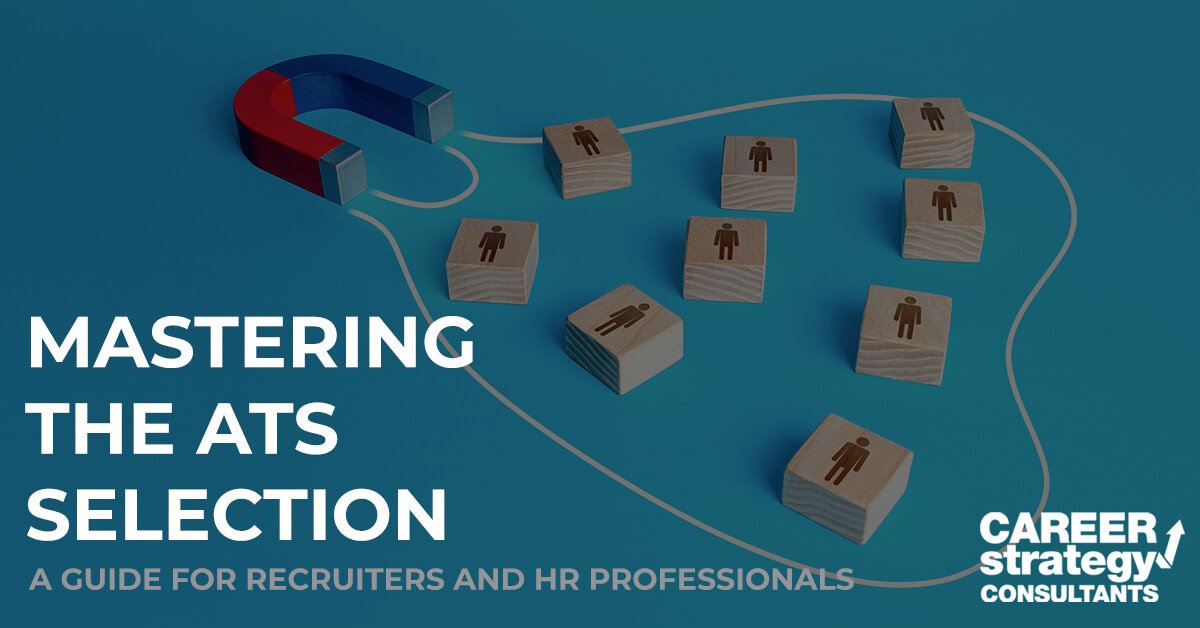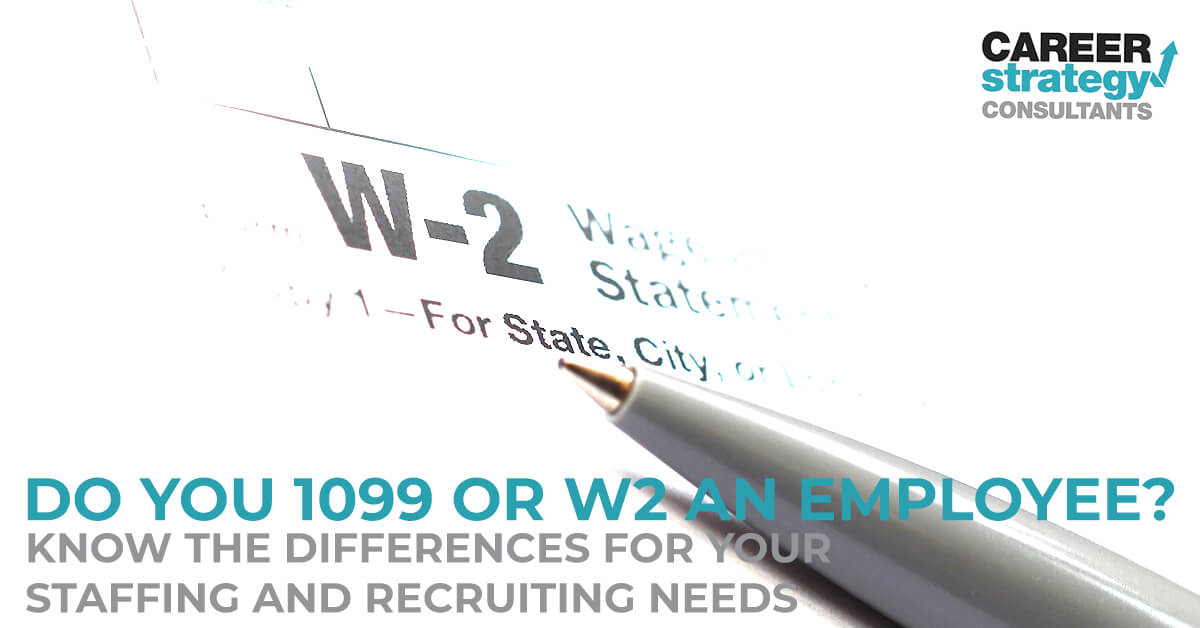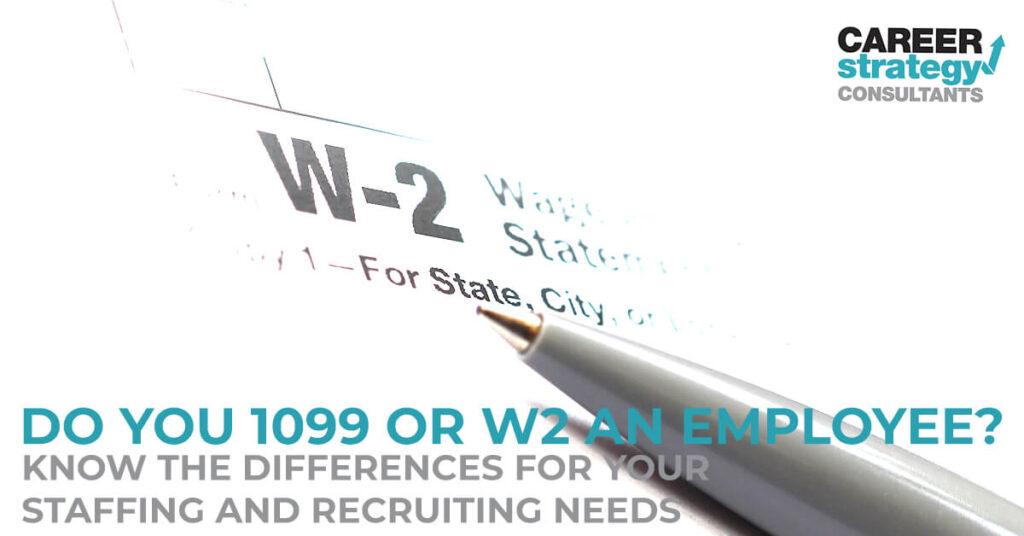Mastering the ATS Selection: A Guide for Recruiters and HR Professionals
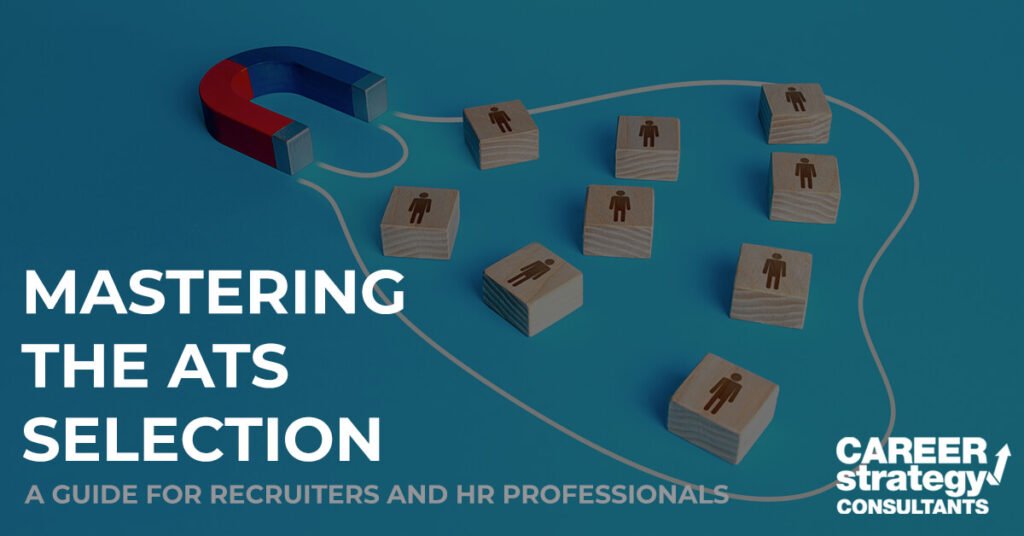
The Applicant Tracking System (ATS) has become an indispensable tool for recruiters and HR professionals in the modern recruitment landscape. With the volume of applicants and the increasing demand for efficiency, an effective ATS can streamline the recruitment process, automate administrative tasks, and enhance the candidate experience. However, choosing the right ATS can be a challenging task given the plethora of options available. In this blog, we’ll delve into what recruiters and HR professionals should seek in an ATS and what pitfalls to avoid.
Understanding Your Recruitment Workflow
The first step in choosing an ATS is understanding your recruitment workflow. The system should align with your processes, not the other way around. Identify your workflow stages and ensure the ATS supports them all, be it job posting, resume parsing, candidate screening, interview scheduling, or communication.
User-friendly Interface
An intuitive and user-friendly ATS is essential. It can minimize the learning curve for new users, reduce errors, and increase productivity. Users should be able to navigate the system easily, and it should be straightforward to perform common tasks.
Mobile Compatibility
In the age of mobile technology, an ATS that is not mobile-friendly can be a significant disadvantage. Candidates often use mobile devices to job hunt, and HR professionals use them for quick access to recruitment data. Look for an ATS that offers a robust mobile experience for both candidates and recruiters.
Integration Capabilities
Your ATS should be able to integrate seamlessly with other HR tools and platforms you’re using, such as HRIS, job boards, social media platforms, and background check providers. This interoperability can streamline your processes and eliminate manual data entry.
Advanced Search and Reporting
A good ATS will offer advanced search capabilities, allowing recruiters to search the candidate database using various filters and keywords. Moreover, robust reporting and analytics can provide insights into your recruitment process, such as time-to-fill, source of hire, and candidate conversion rates.
Compliance Features
Compliance with labor laws and data privacy regulations is paramount. Your ATS should help maintain compliance by storing candidate data securely, adhering to GDPR and EEOC requirements, and facilitating proper record-keeping.
Pitfalls to Avoid
Skipping the Vendor Demo
It’s crucial to see the ATS in action before making a decision. A vendor demo can give you a real feel of the system, uncover any potential issues, and allow you to ask questions.
Ignoring User Reviews
User reviews can provide valuable insights into the system’s strengths and weaknesses, as well as the vendor’s customer support. They can help you validate your choice or warn you of potential red flags.
Failing to Consider Future Needs
Your company will grow, and your recruitment needs will evolve. Make sure the ATS can scale with your organization and accommodate your future recruitment strategies.
Neglecting Candidate Experience
A complicated or cumbersome application process can deter candidates. Ensure the ATS provides a positive and seamless candidate experience, with easy application submission and communication features.
Choosing the right ATS is a strategic move that can significantly influence your recruitment outcomes. By keeping in mind the considerations and potential pitfalls discussed above, you can select an ATS that is well-suited to your organization’s recruitment needs and can support your recruitment efforts effectively.
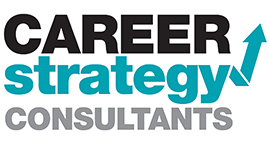
More Than Just Staffing
For Employers
For Individuals
